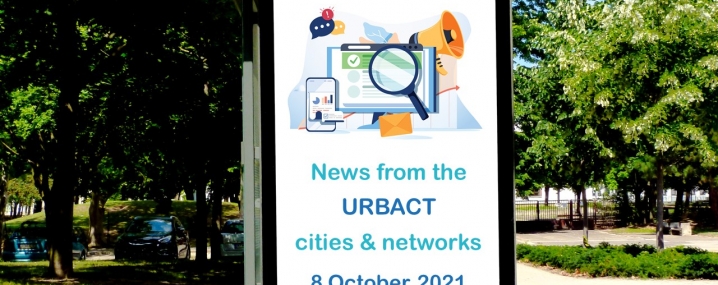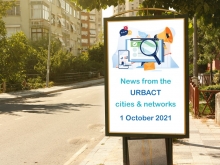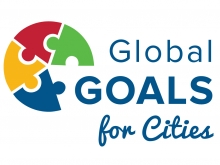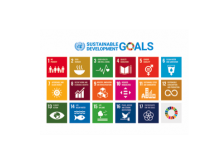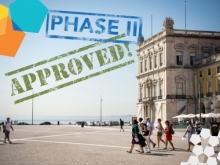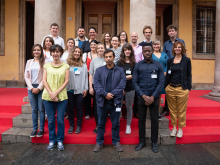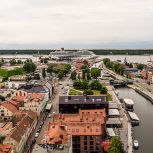
Klaipėda
Klaipėda was founded in the 13th century. It is located where the Curonian Lagoon and River Danė meet the Baltic Sea, 311km northwest of the capital, Vilnius. It has a city population of 150,000, with a further 16,000 people living in the surrounding areas. Klaipėda district population is 205,000. The city is a major national transport hub, connecting sea, land and railway routes from east to west. Near Klaipėda is convenient Palanga (PLQ) airport, that connects Klaipėda via direct flights to: Copenhagen, Bergen, Oslo, London, Dortmund, Riga, Warsaw, Minsk. There are three more airports in less than 300 km: KUN, VNO, RIX.
Klaipeda is a member of many international organizations. In 2010, it became a member of WHO European Healthy Cities Network, in 2002 became an associated partner of Eurocities organization and participates in cultural activities, and since 1991 Klaipeda is a member of the Union of Baltic Cities-UBC.
Tourism is a growing sector for the city, helped by the opening of a terminal for cruise ships in 2003. Total numbers of visitors in 2018 was 140,000, with the largest group being from Germany. Klaipėda has a well-preserved old town, along with a number of museums and other places of interest. A compact city surrounded by gorgeous nature, where the day can pass by as on vacation. A perfect place to enjoy work-life balance by the sea, where people can live and connect easily.
In 2002, when Lithuania was still under the effect of the Russian economic crisis. Klaipėda decided to establish the first free economic zone in the country. The FEZ currently hosts more than 100 companies from 17 countries, which have invested about 600 million Eur (85% of which is foreign direct investment), generate 1 billion Eur in revenue, 5400 jobs created and produce 2,5% of Lithuania‘s total exports and 3% of the country‘s GDP.
However, its major transport strength is the fact that Klaipėda’s deep-water harbour provides the main ice-free port on the eastern coast of the Baltic Sea. The annual port cargo handling capacity is up to 65 million tons. Annual turnover 41 million tons. The port can accommodate vessels 400 m in length, up to 59 m. in width and with a maximum draught of 13.8 m. More than 800 economic agents directly related to the operations of the port of Klaipėda. The port and the enterprises related to its operations provide more than 58,000 jobs and 6.13 % of the Lithuanian GDP. Though the main focus is on cargo traffic, there is also an international ferry terminal with routes to Germany and Sweden.
Put into operation in December 2014, the LNG terminal is one of most important facilities in Lithuania that ensures the national energy security. It has enabled the formation of a natural gas market in Lithuania and opened opportunities for the country to import natural gas from all over the world. The terminal was commissioned within only two years in cooperation with South Korean and Norwegian partners. The LNG project has resulted in a drop in gas price of approximately 30%, created a gas market and turned Lithuania into a gas exporter. The invaluable experience gained during the construction of the LNG terminal and the expansion of the LNG market have created the need to pool business with science in order to share the experience, develop new competences, and introduce innovation. In this context a LNG cluster was established. The aim of the cluster is collaboration in the fields of energy, education, science and business thus increasing scientific, technological and economic competitiveness and promoting the LNG business and investments.
SOME RELATED NETWORKS
Playful Paradigm
Global Goals for Cities
News
News from our cities and networks – 1 October 2021
Article
URBACT cities join forces in a quest for global sustainability
News
URBACT launches a SDG network!
Article
23 Action Planning Networks ready for Phase 2!
Article

